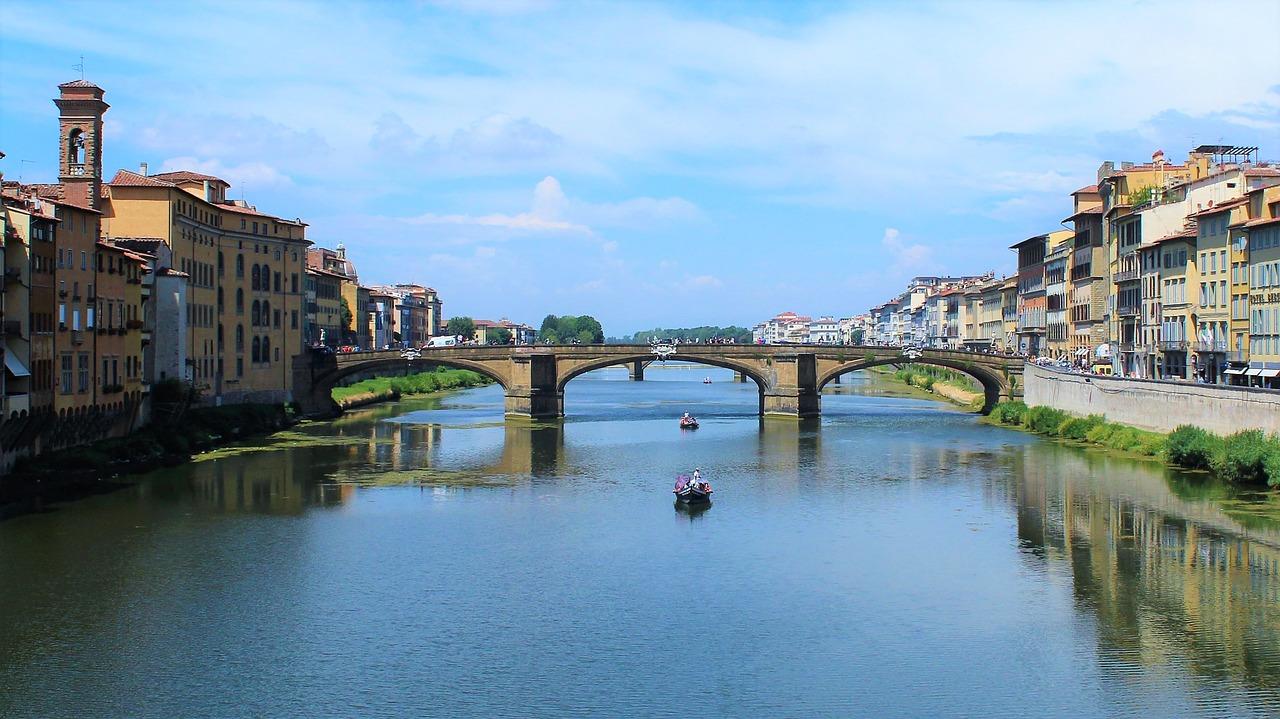If you’ve decided to take a leap of faith and study abroad in Italy, whether it’s for just one semester or your full degree, your Italian speaking will improve significantly. But when you’re looking for somewhere to study, you may feel as if you’re in the dark. So, how can you be sure you’re choosing the right university? What factors do you need to take into account? And which cities are the most student-friendly? Well, Superprof is coming to your rescue. We’ve chosen our 5 top Italian universities for British students learning Italian as a new language. Before you take a trip to Italy and set your decision in stone, there are a few things to think about – so here are 5 important factors to take into consideration before you make your choice final:
- Academic ratings of Italian universities
- Diversity of the student population
- Quality of life
- Employer reputation
- Financial support
We also advise that you look into contacting some members of the Italian student population in your city or ask someone else who has studied abroad there before. You should also look into the availability of Italian language classes you could take during your time in Italy to ensure that your language learning stays on track and that you don’t fall into bad habits when speaking Italian fluently.

Discover the Best of Italy in Milan
As the fashion capital, Milan is a great city in which to study and learn Italian for beginners. Milan is Italy’s best student city according to Top Universities, which puts the fashion capital in 33rd position. A popular tourist destination, Milan is home to some of Italy’s most prized cultural treasures.
Football fans will have plenty to do in their spare time, with two of the best Italian clubs - Inter Milan and AC Milan – calling the city home.
If you’re a shopaholic, Milan will be like a shopping dream for you! As the capital of fashion, the city is full of boutiques where you can get your fashion fix. The nightlife is also something to look forward to, and you also shouldn’t leave Milan without having visited the stunning La Scala opera house. 
· Bocconi, the best place to learn business Italian
If you’re heading towards a business career, studying at Bocconi University will give you the language skills you need. Bocconi is one of the best European schools in its field and an ideal place for foreign students to study International Business, for example. Over the course of your studies, Bocconi will offer you many opportunities for business placements and other ways to gain professional experience whilst working towards fluency in your Italian. Discover the benefits of Italian for business professions.
· Politecnico for engineering
The Politecnico di Milano is the largest technical and scientific college in Italia, with over 40,000 students in 2016. Founded in 1863, it is also Milan’s oldest higher education institution. Politecnico offers teaching from undergraduate level to postgraduate courses in engineering, architecture and design. This university is also regarded as one of the best engineering schools in Italy.
Learn Italian in Bologna for a Truly Unique Experience
The University of Bologna (or the Universita di Bologna for the keen Italian speaks amongst you) is one of the world’s oldest universities, founded in 1088. The university is home to 86,000 students who are spread across 11 schools and 33 faculties. Its campuses are located in the towns of Ravenna, Forli, Cesena and Rimini. In 2010, the QS World University Rankings classed Bologna University 176th in the world and 32nd for its law school. And how could we not talk about one of the classics of Italian cuisine: bolognese sauce? Bolognaise sauce comes from the Bologna area and is made from a base of tomato purée, onion and beef mince. This sauce is known all over the world and is traditionally served by the Italians with tagliatelle, however, spaghetti is the pasta of choice for the rest of the world.

Rome, the Italian Capital
The country's leading university, is best known by its second name, ‘La Sapienza’ which translates into English as ‘wisdom’ or ‘knowledge’. It owes its name to the church Sant'Ivo alla Sapienza, which was built as a chapel for the university. It, too, is one of the world’s oldest universities, and was founded in 1303. With 150,000 students, it is also one of the largest universities in Europe. 
Study in Florence for an Exquisite Cultural Experience
If you’re a chilled-out person who prefers a relaxed lifestyle, you’ll be in your element in Florence. In the heart of Tuscany, Florence is a magnificent city where you can learn a lot about Italy’s language and culture.
Classed as one of the world’s most beautiful cities by Forbes magazine, Florence was given world heritage status by UNESCO in 1982.
The city is full of galleries and museums where you can marvel at its cultural riches and fascinating history. As the birthplace of the Renaissance, Florence is home to many buildings from this period, the most famous being the Sant Maria del Fiore cathedral. There is also a fabulous student population in Florence. There are plenty of Erasmus associations to put you in touch with other students, so you can find a native speaker of Italian to help you with your Italian vocabulary and improve your conversational Italian to a point where you become fluent. Florence’s university, known as UniFI (Università degli Studi di Firenze), has nearly 60,000 students. Combine business with pleasure and visit the city with native Florentines to learn the Italian language for free, while discovering the secrets of the most beautiful monuments! The two most famous students to graduate from UniFI are without doubt:
- Matteo Renzi, former Prime Minister of Italy, who graduated with a degree in Law in 1999
- Mario Draghi, Italian economist and President of the European Central Bank, who taught Political Sciences in Florence between 1981 and 1994
Italian Language Tutoring
The five fantastic universities are, themselves, five great reasons to learn Italian! But in preparation for your stay in Italy, we advise that you take Italian lessons before you leave. Even if you only know basic Italian grammar, being able to faultlessly conjugate the most common Italian verbs (including conjugation of irregular verbs) and hold and Italian conversation will get you far in terms of your spoken and written expression. 
- Talk to native Italian speakers
- Take Italian language courses in a group or hire a one to one Italian teacher
- Sign up to Italian cooking classes
- Visit a language school that offers Italian lessons
- Watch Italian films, or even English films with Italian subtitles
- Learn Italian online
Why not also look into language exchanges? For example, you could learn Italian from a native speaker and offer to help them with their English in return. Interacting with someone this way will help you learn more about Italian as it is really spoken, including Italian slang words and different registers of language. Popular searches on Superprof include Italian classes Melbourne, Italian classes Sydney and Birmingham. If you don’t have a lot of free time, you can also use interactive systems such as CD roms or podcasts to practice at home.
Summarise with AI:















